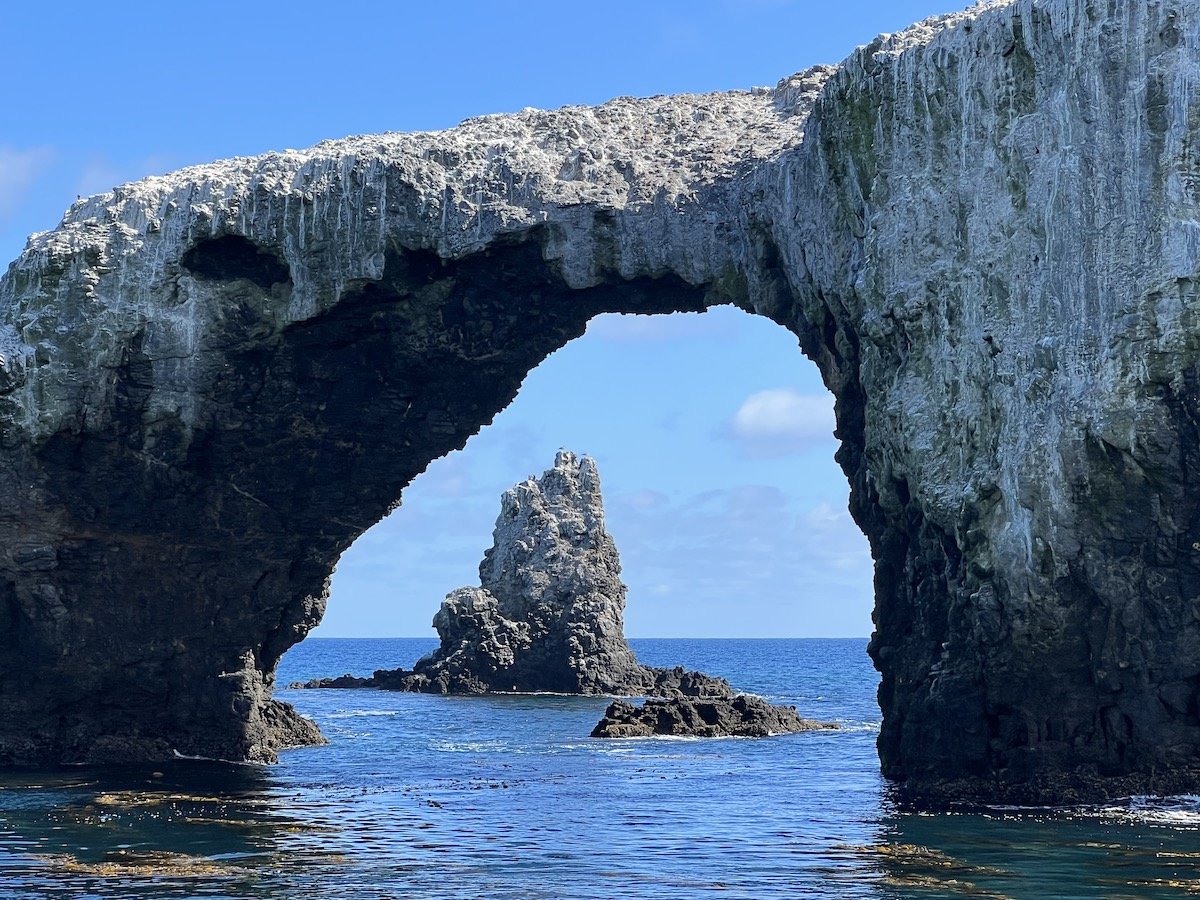The Book of Life
“The human domination of nature has a lot to tell us about the nature of human domination.”
Monday, September 26th, is Rosh Hashanah, the Jewish New Year. It begins the ten day period known as the Days of Awe. How fitting, how luscious, to be invited to step into a prolonged state of wonder. It’s just the right medicine for the moment: we are mortally ill with the loss of awe.
Rosh Hashanah is a time to put our moral house in order. Specifically, we are to acknowledge our mistakes and do what we can to make amends for the harm we have caused, whether or not that harm was intentional. Yom Kippur, on October 5th, is the conclusion of the soul-searching that renews us, a time to reflect and focus our thoughts by fasting, in hopes of being ‘inscribed in the Book of Life’ for another year.
I’ve always loved the words, inscribed in the Book of Life. I imagine a massive G-d size ledger with the names of those deemed worthy of extending our time here on Earth through accountability and renewal. The key to having a future hinges on that uniquely human capacity to reflect, grieve, and take responsibility to set things right.
A few years ago, it occurred to me that the original equation is obsolete. It is not for us to ask that we be inscribed in the Book of Life for one more year, but rather to beg that the Book of Life be inscribed in us once again. Then we must read each page until the letters dance before us as we leap from our seats to join them. This is the original library, a source text written in fur and sand, claw and hide and dung. This is the archive that, if it burns, cannot be recovered.
Indeed, it is already burning. And now we must somehow enliven our bone-memory as Earthlings and our water-memory as kin to Earth’s liquid life. We must enter the heart-memory of kinship with all.
The ancients were wise to recognize that amends without awe will always fall short. Awe keeps us reverent, and humble. To amend is to correct things: sometimes we edit, sometimes we add. Amending soil, for example, requires us to replace what has been depleted by our frenzy to take without giving in return. How, then, shall we renew our contract with Earth and be worthy of the gift of Life?
This is a time to acknowledge the oceanic ph. of our blood and the way our bodily fluids, like groundwater, rise and fall with the tides. A time to remember that profusion was once the way of things: oceans so full of turtles and whales that the surface of the waters was covered. Rivers blanketed by migrating eels. Streams so thick with spawning salmon that horses spooked and shied, unwilling to cross. Passenger pigeons blackened the sky; ancient forests stretched across continents and rivers flowed free. In Newfoundland, one had only to dip a basket into the sea to haul out the massive cod that thrived there.
My cousin’s wife, Robyn, who I loved as a cousin as well, had a lovely habit of beginning conversations with, And? It was a reminder of connection, a way of picking up where we left off to continue the story.
And? We add courage, because Robyn was dying of cancer, but even so, she bravely kept adding, even as she continued to lose - her sight, her mobility, and her future. This habit of hers, this habit of adding connection and continuity, was a defiance we can learn from and lean on. We can lean on the story, and that one-word question: And?
As I read stories of loss and destruction, I wonder what it would take to restore the world as closely as possible to the exuberance that once was its signature. Pundits and scientists scoff at the idea. Impossible, they say, to coax people away from the trappings of the artificial world we have made; away from our highways and factories and towns that should never have been built, at least not in the places and ways that we built them, nor the way we contort natural systems to bend to our will. Impossible to live without imported cheeses and mangos in January, brought by container ships that decimate whales. Impossible to find an alternative to our violent economy. Impossible to undo the damage or even to adequately grieve it. But the pundits are wrong. What is impossible is to continue living as we have been, taking the Natural World hostage while extinctions and refugees accumulate out of sight.
It’s an impossible task, they say, to restore the world: our interference is so ancient and so habitual that we cannot reclaim what has vanished. And yet, we go to the moon. We talk of colonizing Mars. We murder the planet. Maybe it will take the next five hundred years to reverse-engineer our behavior and mitigate our blunders, starting with the decision to stop doing harm - a sort of Hippocratic Oath to Earth. That alone will give Her a chance to succeed in the process of self-repair, as we glimpsed during the early months of the pandemic. From there, it will take feats of imagination and restraint; sustained hard work fueled by devotion; and the willingness to listen with the ears of our souls so we can hear the words of Creation that will rewrite the Book of Life. If we succeed, we, too, may find our names inscribed in its pages.
And?
